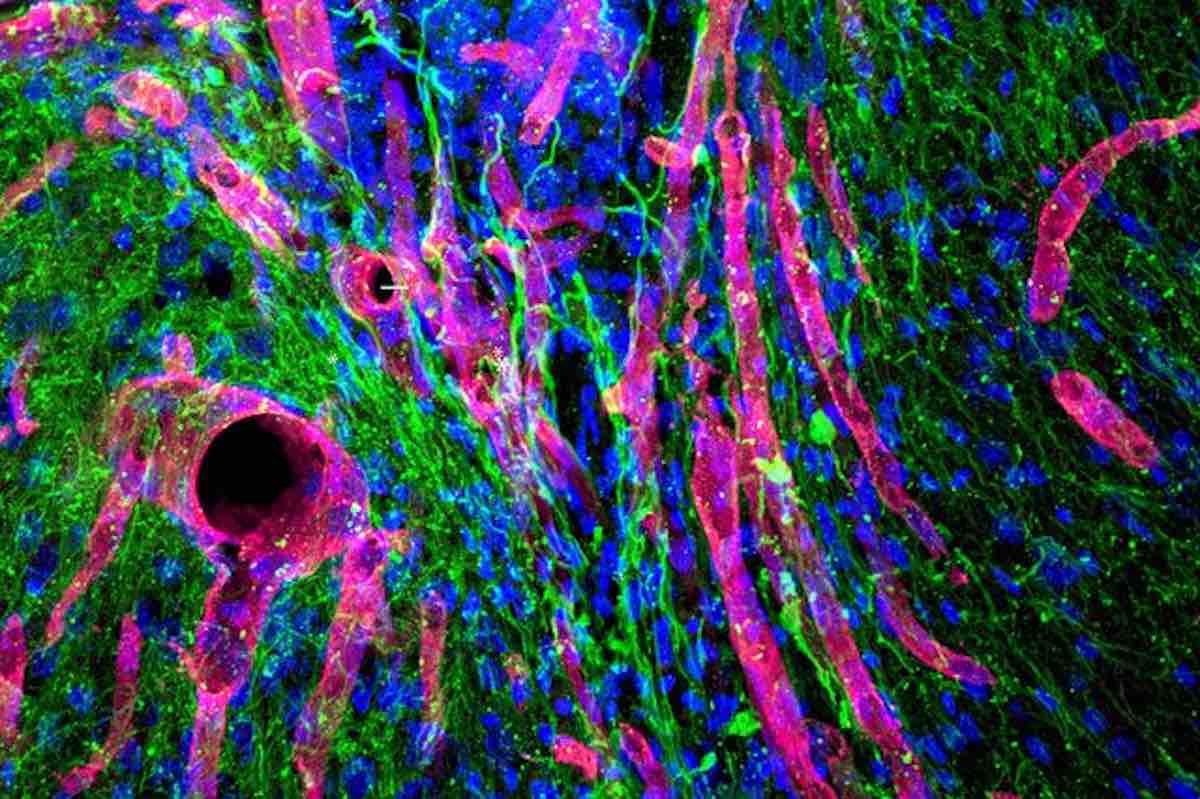
The study found that one year's worth of exposure to mobile phone radiation could have a negative effect on the development of memory performance in specific brain regions in adolescents.

Swedish researchers have created a systematic and detailed map of the cell types of the mouse nervous system. The researchers will now use the same methods to map out the human brain on a detailed level.

A study tracked 10,000 British civil servants' health over many years. Using a sample of 6,506 aged between 45 and 68, scientists compared how reasoning, memory, and eloquence changed over a period of 10 years.

A computer built to mimic the brain's neural networks produces similar results to that of the best brain-simulation supercomputer software currently used for neural-signaling research.

The relaxation response and mindfulness meditation are working through different neural mechanisms.

Researchers have just made a breakthrough discovery in how we can possibly treat stroke patients in the future.

Findings show that musicians and bilinguals require less effort to perform the same task, which could also protect them against cognitive decline and delay the onset of dementia.

Using human stem cells, researchers create 3-D model of the brain to study a mutation tied to schizophrenia, bipolar disorder and depression.

US Scientists managed to identify the gene that caused Alzheimer’s disease. Not only that, but they also managed to neutralize the gene so that it did not lead to Alzheimer’s development.

The Shamatha Project is the most comprehensive longitudinal study of intensive meditation yet undertaken and has drawn the attention of scientists and Buddhist scholars alike.

UNICEF has published a report and according to their studies, the brains of over 17 million children might be affected by pollution.

Investigators have discovered dozens of new genetic variations associated with a person's general cognitive ability. While profiling cognitive ability, researchers also discovered a genetic overlap with longevity.

A professor from the University of Southern California has demonstrated the use of a brain implant to improve the human memory.

Aerobic exercise can improve memory function and maintain brain health as we age, a new Australian-led study has found.

The Allen Institute for Brain Science has added the first data from human nerve cells to a publicly available database for researchers to explore and understand the building blocks of the human brain.